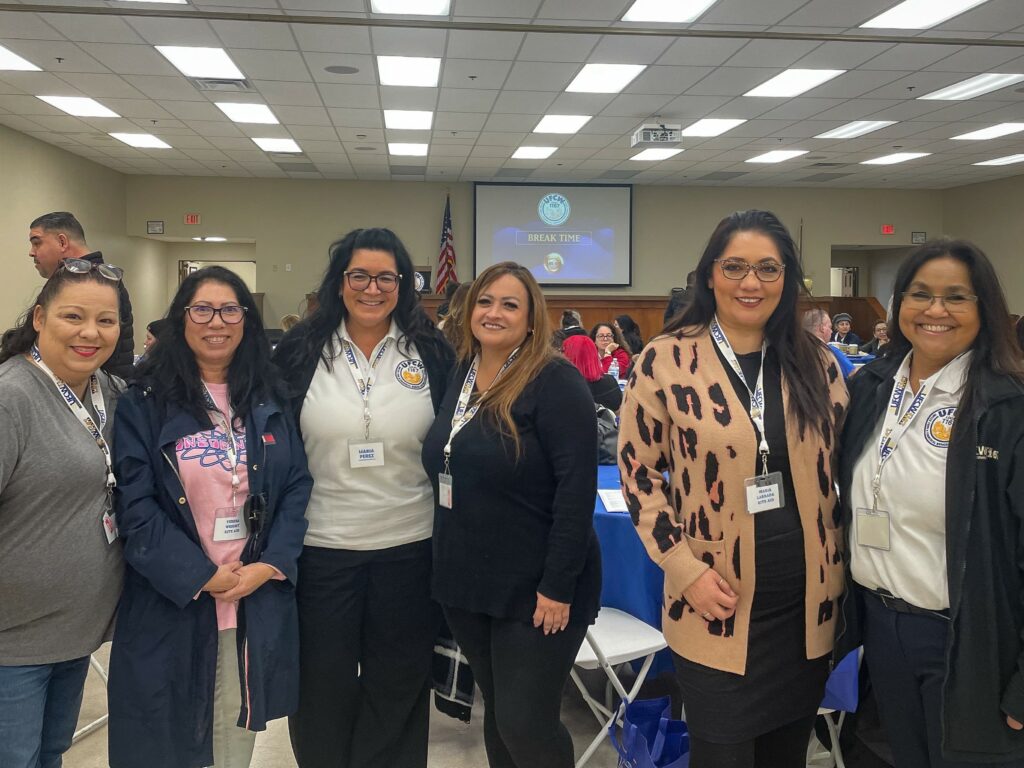Staff from the International’s Communications Department held a training session for UFCW Local 1167 stewards at the local’s Steward Conference in Bloomington, Calif., on Feb. 6.

About 100 UFCW Local 1167 stewards who work for Food 4 Less, CVS, and Rite Aid attended the conference, which was designed to help stewards and their colleagues get the contracts they have earned and deserve. The communications training session included how to engage members during the negotiation process and communicate effectively with the press. UFCW Local 1167 officials also held picket captain and leadership training sessions at the conference.
Stewards found the communications training helpful as they prepare for contract negotiations.
“The training helped me be more informed in case we go on strike,” said Joseph Garcia, who works at CVS.
“I’ve learned that it’s important to engage with every single member…I know that it’s very important. Engagement is our key… I’m hoping that we have a lot more members that will show up for meetings for any information I can give them, ask questions, [and] keep that line [of communication] open,” said Brenda Morone, who works at Food 4 Less.
These training sessions are available to all UFCW locals. If your local is interested in working with the International’s Communications Department to hold a training session, contact Jess Raimundo at jraimundo@ufcw.org.

